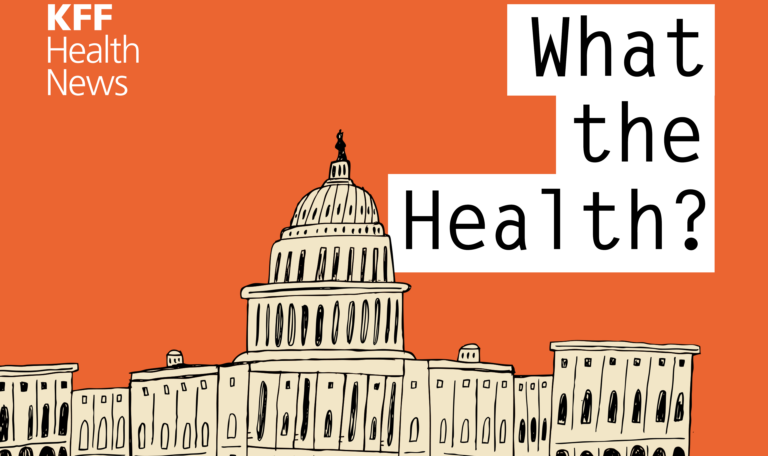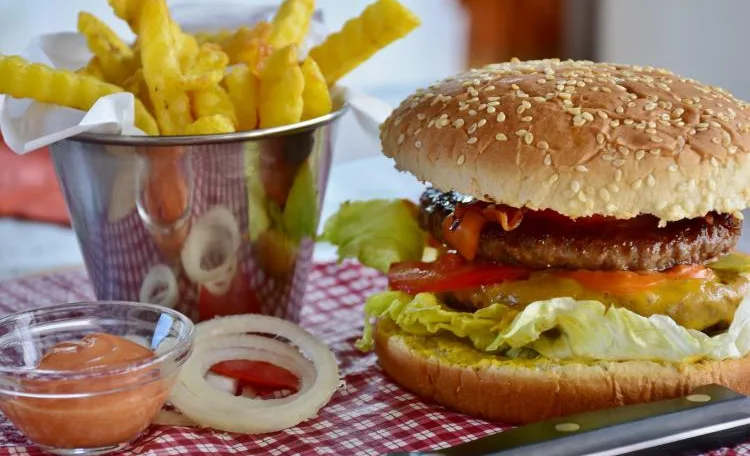The researchers propose holistic mind-body interventions to address the detrimental effects of loneliness on eating behavior and mental health.
Written By saumya pandey | Published : April 6, 2024 12:00 PM IST
Heightened activation in brain regions associated with cravings for sugary foods.
A recent study conducted by researchers at UCLA Health sheds light on the relationship between loneliness, brain activity, and eating behavior in women. The study aimed to investigate how feelings of loneliness impact brain responses to food cues and subsequently influence eating habits and mental health. Led by researchers at UCLA Health, the study focused on examining brain pathways associated with loneliness, obesity, and mental health outcomes. Ninety-three women were surveyed to assess their perceived social isolation and support systems. Based on the survey results, participants were categorized into high and low-loneliness groups. The researchers then analyzed various factors including fat mass, diet quality, cravings, reward-based eating, anxiety, and depression among the participants.
Brain Response to Food Cues
Using MRI scans, the researchers recorded brain activity while participants viewed images of food and non-food items. The findings revealed that women who perceived themselves to be lonely exhibited heightened activation in brain regions associated with cravings for sugary foods. Additionally, these women showed decreased activation in brain regions linked to self-control regarding eating behaviors.
Implications Of the Study
The study’s results underscore the significant impact of loneliness on eating habits and mental well-being. The findings suggest that feelings of loneliness can lead individuals to underreport their food intake, experience heightened cravings, and struggle with self-control, particularly regarding unhealthy food choices. The study suggests a potential «vicious cycle» between unhealthy eating and negative mental symptoms, such as anxiety and depression.
Potential Interventions
The researchers propose holistic mind-body interventions to address the detrimental effects of loneliness on eating behavior and mental health. Strategies include fostering social connections, practicing self-compassion, and making healthier food choices. The importance of opting for nutritious foods over highly addictive, calorie-dense options to break the cycle of unhealthy eating patterns associated with loneliness is highlighted.
Future Research Directions
Future research will explore additional biological markers associated with loneliness, such as metabolites, microbiome composition, and inflammatory signatures. By further investigating these biological mechanisms, researchers aim to understand the physiological underpinnings of loneliness and its impact on health outcomes.





